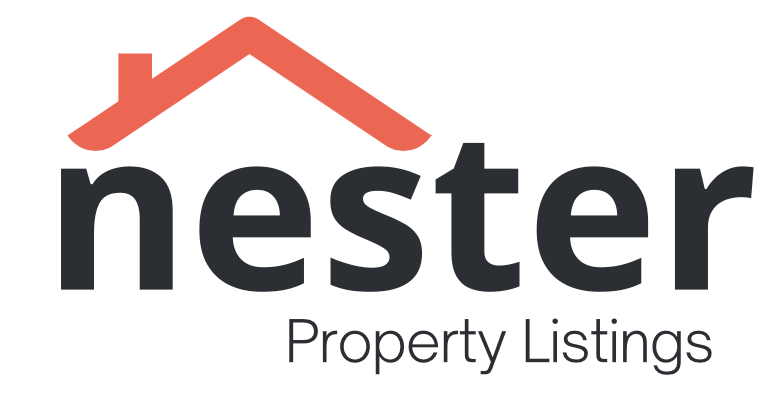Buying A House At 30 ===
Buying a house is a milestone that many people aspire to achieve, and purchasing a property in your 30s can be a smart financial decision. It allows you to build equity, establish stability, and potentially save money in the long run. However, navigating the process of buying a house can be daunting, especially for first-time homebuyers. In this article, we will explore the benefits of buying a house at 30, provide tips for saving for a house in your 20s, outline the steps to take when buying your first home, and discuss important factors to consider before making a purchase.
Benefits of Buying a House at 30
Buying a house in your 30s offers numerous advantages. Firstly, it allows you to build equity over time. As you make mortgage payments, your equity in the property increases, giving you the potential to build wealth. Additionally, owning a home provides stability and a sense of security. Unlike renting, where landlords can raise rent or terminate leases, owning a house offers stability and the freedom to personalize your living space. Moreover, by purchasing a property at 30, you have time on your side to fully enjoy the benefits of homeownership and potentially see a significant increase in property value over the years.
Tips for Saving for a House in Your 20s
Saving for a house in your 20s may seem challenging, but it is certainly achievable with careful planning and discipline. Start by creating a budget that outlines your income, expenses, and savings goals. Identify areas where you can cut back on unnecessary spending and redirect those funds towards your down payment. Consider living with roommates or in a more cost-effective location to save on rent. Furthermore, take advantage of employer-sponsored retirement plans, such as a 401(k), and contribute as much as possible. Maximize your savings by opening a high-interest savings account and automating regular contributions. Lastly, resist the temptation of accumulating unnecessary debt and prioritize paying off any existing debts.
Steps to Take When Buying Your First Home
When buying your first home, it is essential to follow a systematic approach to ensure a smooth process. Begin by assessing your financial situation and determining how much you can afford to spend on a house. Get pre-approved for a mortgage to understand your borrowing capacity and narrow down your property search within your budget. Engage the services of a reputable real estate agent who can guide you through the homebuying process, help you find suitable properties, and negotiate offers on your behalf. Once you find a house you love, conduct a thorough inspection and research the neighborhood before making an offer. Finally, review and understand all the legal documents involved, including contracts and loan agreements, before proceeding with the purchase.
Factors to Consider Before Purchasing a Property
Before purchasing a property, it is crucial to consider various factors. Location plays a significant role in determining the value and future growth potential of a house. Research the neighborhood, accessibility to amenities, and proximity to your workplace. Evaluate your long-term plans and ensure the property aligns with your lifestyle and future needs. Assess the condition of the house, including the age of major systems such as plumbing, electrical, and HVAC. Additionally, consider the ongoing costs of homeownership, such as property taxes, insurance, and maintenance expenses. Lastly, make sure to have a contingency plan for unexpected circumstances, such as job loss or changes in personal circumstances.
Buying a house at 30 presents numerous benefits and opportunities for financial growth and stability. By saving diligently in your 20s and following a systematic approach when purchasing your first home, you can make this significant investment with confidence. Remember to consider factors such as location, long-term plans, and ongoing costs before settling on a property. With careful consideration and planning, buying a house in your 30s can be a rewarding experience that sets you on a path towards long-term financial security.

